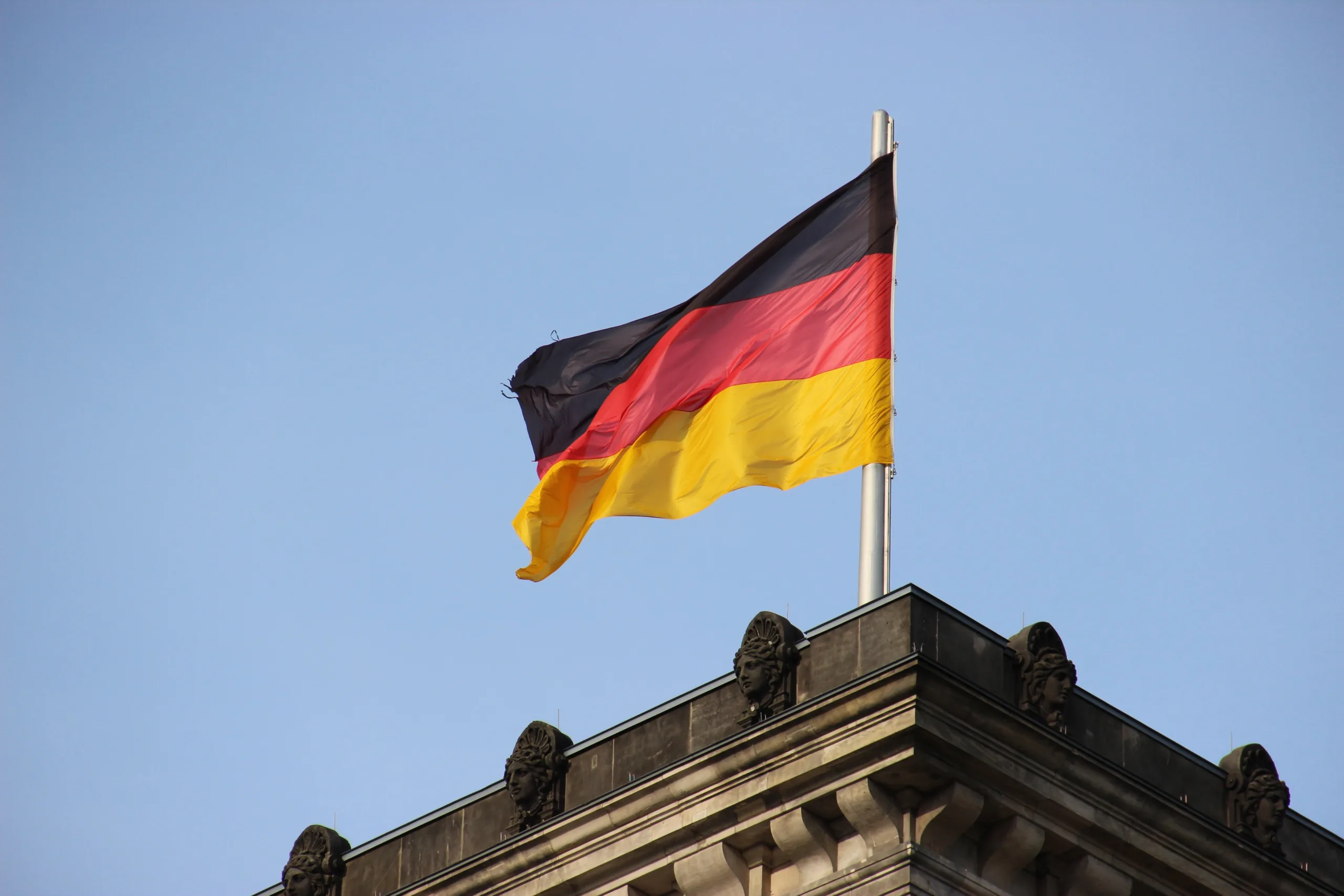How big is Japan compared to Germany? As a curious observer of global geography, I’ve often wondered about the unique characteristics and contrasts between different countries. In this article, we’ll embark on a comparison between Japan and Germany, exploring their land areas, populations, economies, and other significant factors. So let’s dive into this fascinating exploration of two remarkable nations.
| Category | Japan | Germany |
| Land Area (sq. miles) | 145,936 | 377,915 |
| Population | 126,000,000 | 83,000,000 |
| Economy ($ GDP) | 5.2 Trillion | 4.3 Trillion |
| Economy (per capita GDP) | $40,000 | $51,000 |
Land Area: Japan vs. Germany
When it comes to land area, Japan and Germany showcase notable differences. Japan, a country consisting of several islands, has a total land area of approximately 145,936 square miles (377,915 square kilometers). In contrast, Germany, located in central Europe, covers an area of about 137,847 square miles (357,022 square kilometers), making it slightly smaller than Japan.
Population: Japan vs. Germany
While Germany may be smaller in land area, it boasts a larger population compared to Japan. As of 2021, Germany is home to an estimated population of around 83 million people, making it the most populous country in the European Union. Japan, on the other hand, has a population of approximately 126.4 million people, making it more densely populated despite its smaller land area.
Economy: Japan vs. Germany
Both Japan and Germany have robust and highly developed economies, known for their technological advancements and industrial prowess. Japan is the world’s third-largest economy, with a GDP of approximately $5.2 trillion. It is renowned for its automotive industry, electronics manufacturing, and technological innovations. Germany, meanwhile, holds the position as Europe’s largest economy and the fourth-largest globally, with a GDP of approximately $4.3 trillion. It is recognized for its expertise in engineering, precision manufacturing, and exports such as automobiles and machinery.
Culture and Heritage: Japan vs. Germany
Japan and Germany have rich cultural heritages that have significantly influenced the world. Japan is known for its unique traditions, such as tea ceremonies, origami, and the art of bonsai. It is also famous for its distinct cuisine, including sushi, ramen, and tempura. Germany, with its long history and cultural contributions, is renowned for its classical music composers like Beethoven and Bach, its literature, and its strong beer brewing tradition. The country is also celebrated for its diverse regional cuisine, featuring dishes like sausages, pretzels, and sauerkraut.
Education and Innovation: Japan vs. Germany
Both Japan and Germany prioritize education and innovation, leading to advancements in various fields. Japan is recognized for its excellence in technology and engineering, with top universities producing skilled professionals in these areas. Germany, too, has a strong emphasis on education, offering tuition-free higher education and renowned institutions in engineering, science, and research. The country is known for its engineering marvels and innovations in sectors such as automotive engineering and renewable energy.
Tourism: Japan vs. Germany
Japan and Germany attract a significant number of tourists each year, offering unique experiences and attractions. Japan entices visitors with its blend of ancient traditions and modern wonders. From the bustling streets of Tokyo to the serene temples of Kyoto and the natural beauty of Mount Fuji, Japan offers a captivating blend of history, culture, and natural landscapes. Germany, with its picturesque landscapes, historic cities, and vibrant festivals, is a popular destination for tourists. Cities like Berlin, Munich, and Hamburg showcase a mix of modern architecture, historical landmarks, and a vibrant arts and music scene.
Conclusion: How big is Japan compared to Germany?
In conclusion, the comparison between Japan and Germany reveals the distinctive characteristics and achievements of these two nations. While Japan stands as a densely populated island country with a technologically advanced economy and a rich cultural heritage, Germany impresses with its vibrant economy, engineering prowess, cultural contributions, and historical significance.
Whether you’re captivated by Japan’s fascinating blend of tradition and innovation, its vibrant cityscapes, and serene landscapes, or you’re drawn to Germany’s historical landmarks, diverse regional cultures, and technological advancements, both countries offer a wealth of experiences for travelers.
The question of how big Japan is compared to Germany goes beyond mere land area and population figures. It is an invitation to explore the unique characteristics, cultural treasures, and economic achievements of each country. Japan’s rich cultural heritage, technological innovations, and beautiful landscapes complement Germany’s historical landmarks, engineering prowess, and diverse regional traditions.
So, whether you find yourself immersed in the bustling streets of Tokyo or exploring the fairy tale-like castles of Germany, embrace the opportunity to delve into the fascinating cultures, histories, and achievements of these remarkable nations. From the cherry blossoms of Japan to the Oktoberfest celebrations of Germany, there is something for everyone to discover and cherish.
In the end, the comparison between Japan and Germany reminds us of the vastness and diversity of our world. It encourages us to appreciate the unique attributes and contributions of different countries, and it inspires us to embark on our own journeys of exploration and cultural immersion.
So, how big is Japan compared to Germany? The answer lies not only in their physical dimensions but also in the depth of their cultural heritage, economic prowess, and the warmth and hospitality of their people. Embark on your own adventure and embrace the wonders that await you in Japan and Germany.

